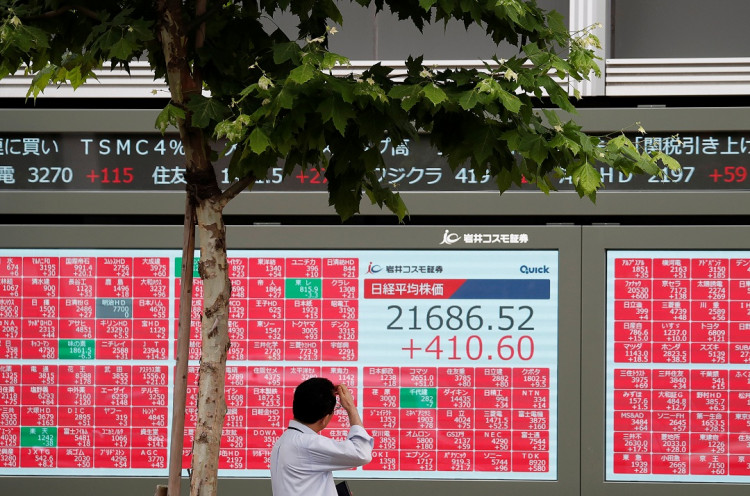China's so-called Star Board managed to drag down the broader Chinese markets this week. As the new NASDAQ-style technological innovation board gained traction following its debut, major Asian indexes have dropped as investors frantically shift their assets to bet on the new stocks.
The first 25 companies that listed on the technology board experienced unprecedented gains ranging from 84 percent to as much as 400 percent above their initial public offering (IPO) prices. The total turnover of the listed companies reached $7 billion, accounting for one-ninth of the overall A share transactions in China.
The massive withdrawal of some investors from major boards managed to hurt Asian indexes. The Shanghai Composite Index fell by 1.3 percent to 2,886.97 this week.
The Shenzhen Component Index also experienced a drop of around 1.2 percent following the debut of the new Star Board. The ChiNext Index, which lists other startup companies in Shenzhen, had also dropped by 1.7 percent. The Hang Seng Index dropped by 1.4 percent to 28,371.26.
According to market experts, the drop in major boards across China was a clear sign that capital was being funneled into the new Star market. Experts warned that the drop and the inflation of the new board may only be temporary as most of the stocks on it are now extremely overvalued.
Experts warned that those thinking of investing in the new companies on the Star Board have to be careful as they could potentially experience massive losses when the trend corrects itself. Stocks with wider gaps in their stock price and total earnings are the largest risk of incurring large losses for investors.
Among the biggest gainers during the board's debut was semiconductor component manufacturer Anji Microelectronics Technology. The company saw gains of up to 400 percent of its offering price, with a spike of 521 percent during the day of its debut.
The most expensive stock amongst the listed companies on the board was semiconductor maker Advanced Micro-Fabrication Equipment, which saw its stocks soar by 179 percent from its IPO price of 29.01 Yuan.
The stock prices on for the companies listed on the board are expected to fluctuate rapidly in the next few months.
Investors are likely in for a very bumpy ride in this year's earnings season in China.
The technological innovation board, which mirrors the US' NASDAQ, is part of Chinese President Xi Jinping's efforts to support and bolster Chinese tech startups.
The board is meant to give smaller players the opportunity to gain capital much easier, allowing for more competition and innovation within the industry.





